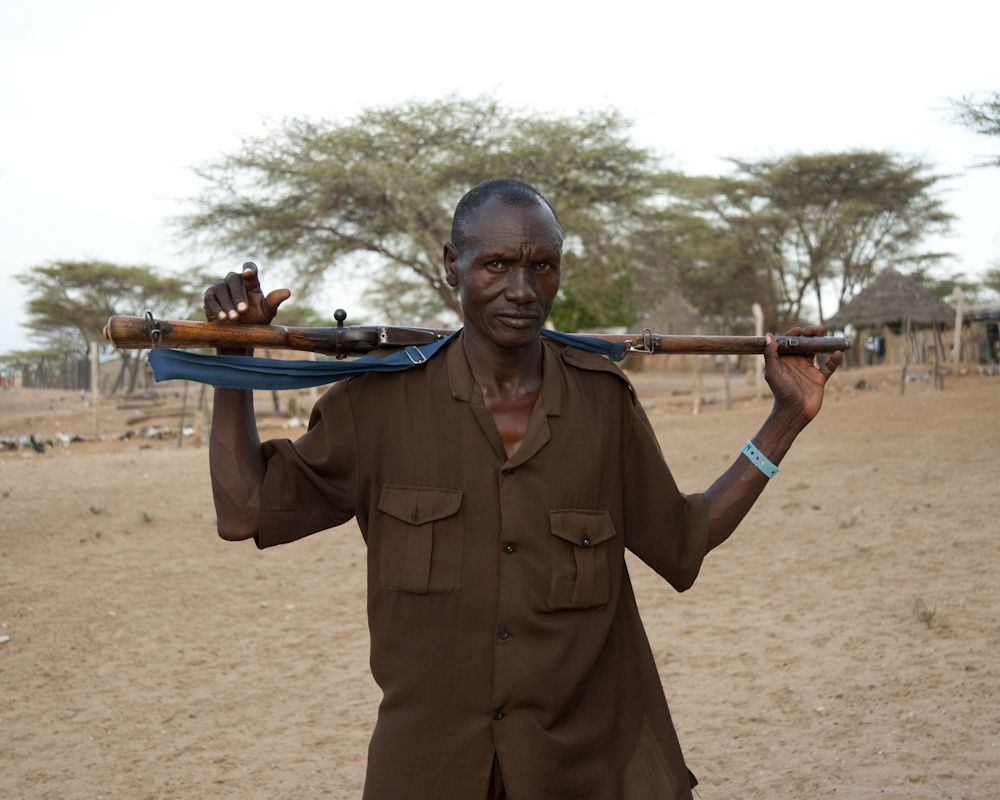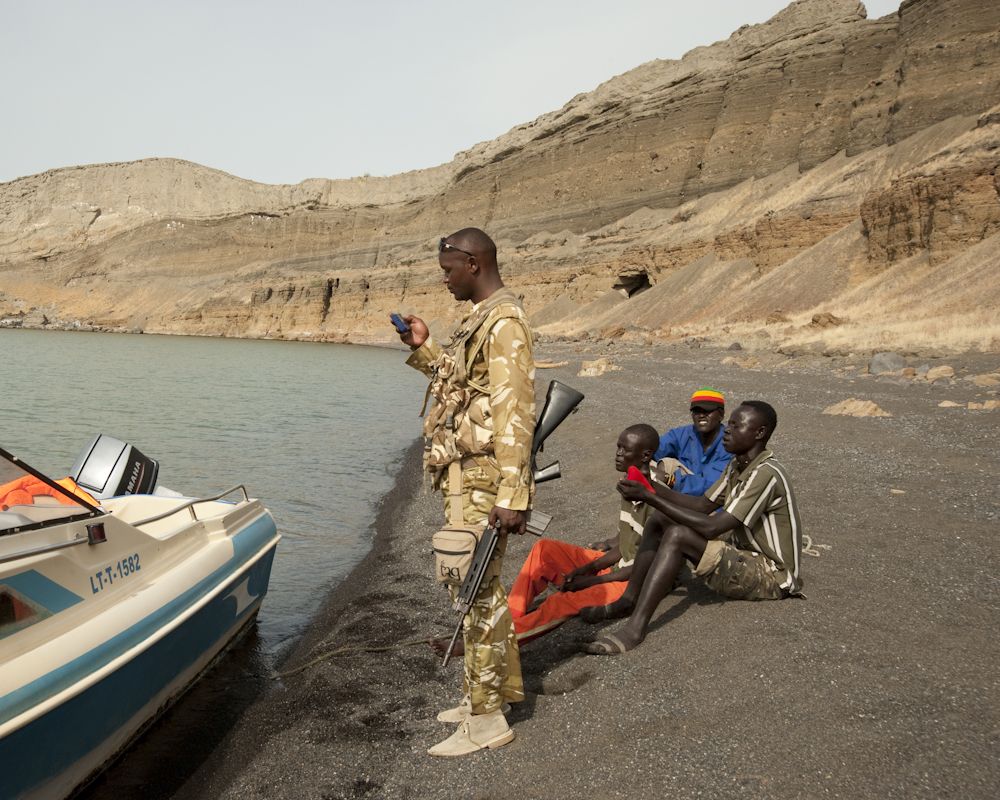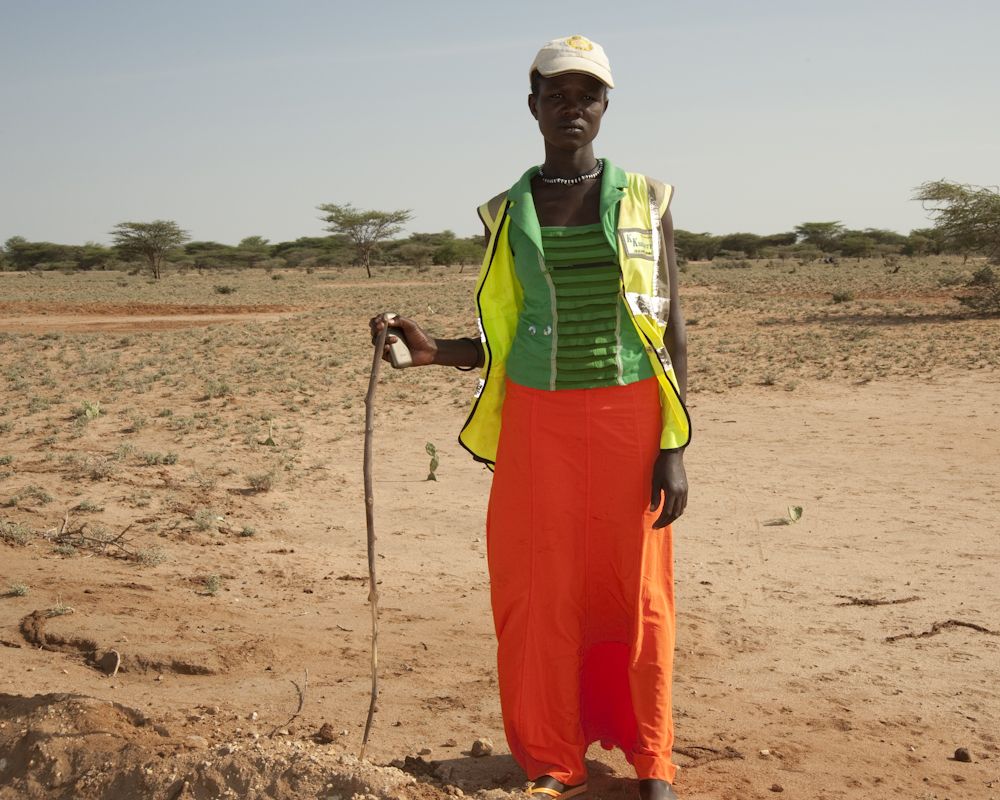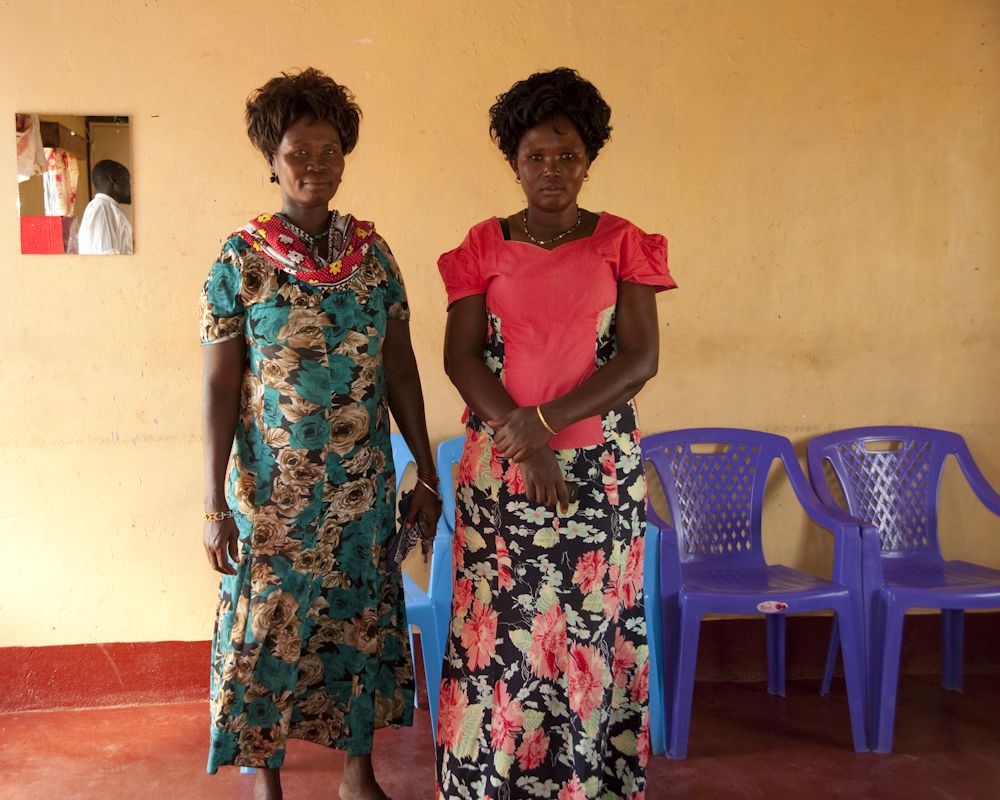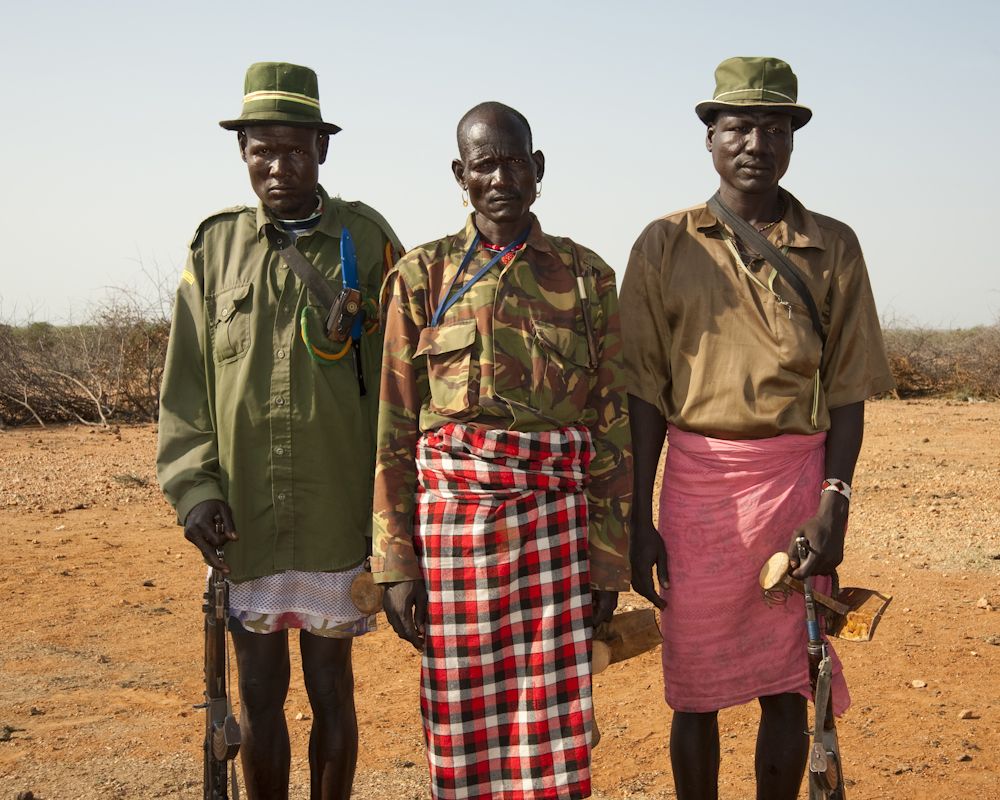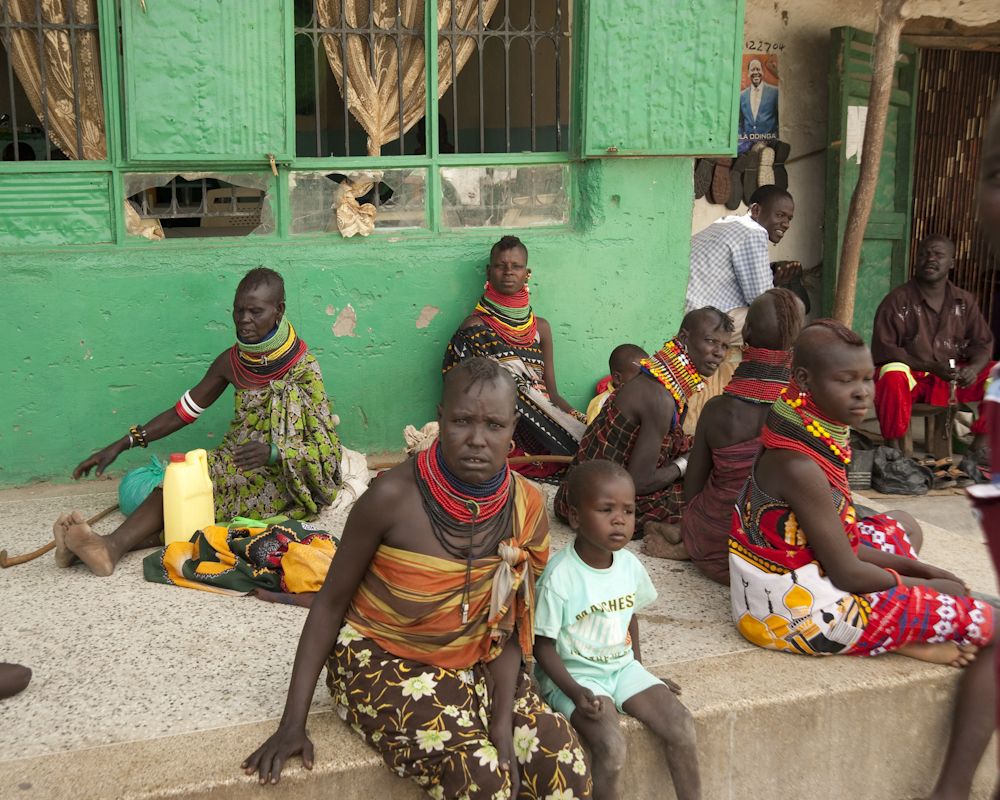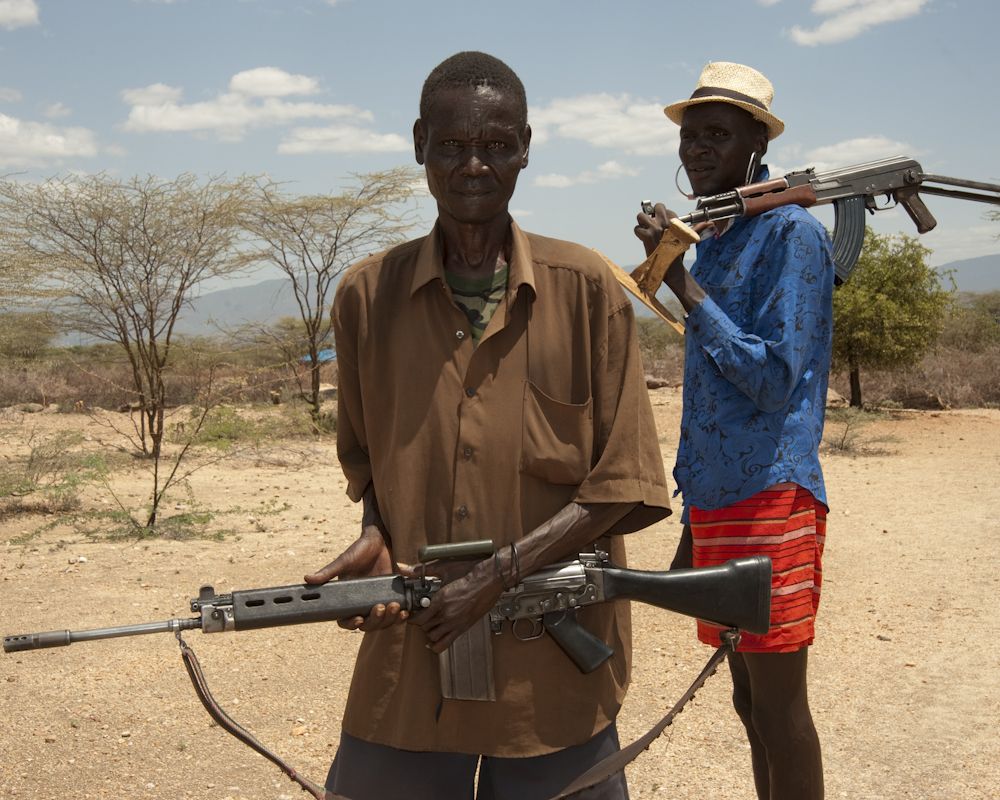March 11, 2015 | Pulitzer Center
Life in Turkana County is changing. Even though commercial production isn’t expected for another several years, the recent discovery of potential reserves of up to 250 million barrels of crude oil has caused tensions to rise in the Turkana region.
Many view the possible oil revenue as the solution to poverty. Already, it has caused a surge in property prices, increasing economic migration and exacerbating ancient boundary disputes. While the British-owned oil exploration company, Tullow Oil PLC, is employing local residents, and business owners are expanding to cater to the company’s needs, the situation remains volatile.
If the political and security climate is not addressed, Turkana County could become a theater for oil conflict.
